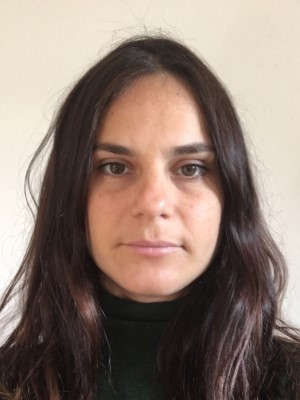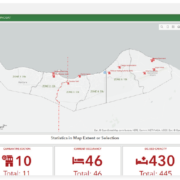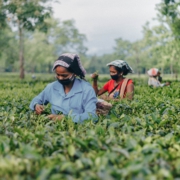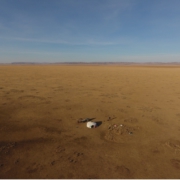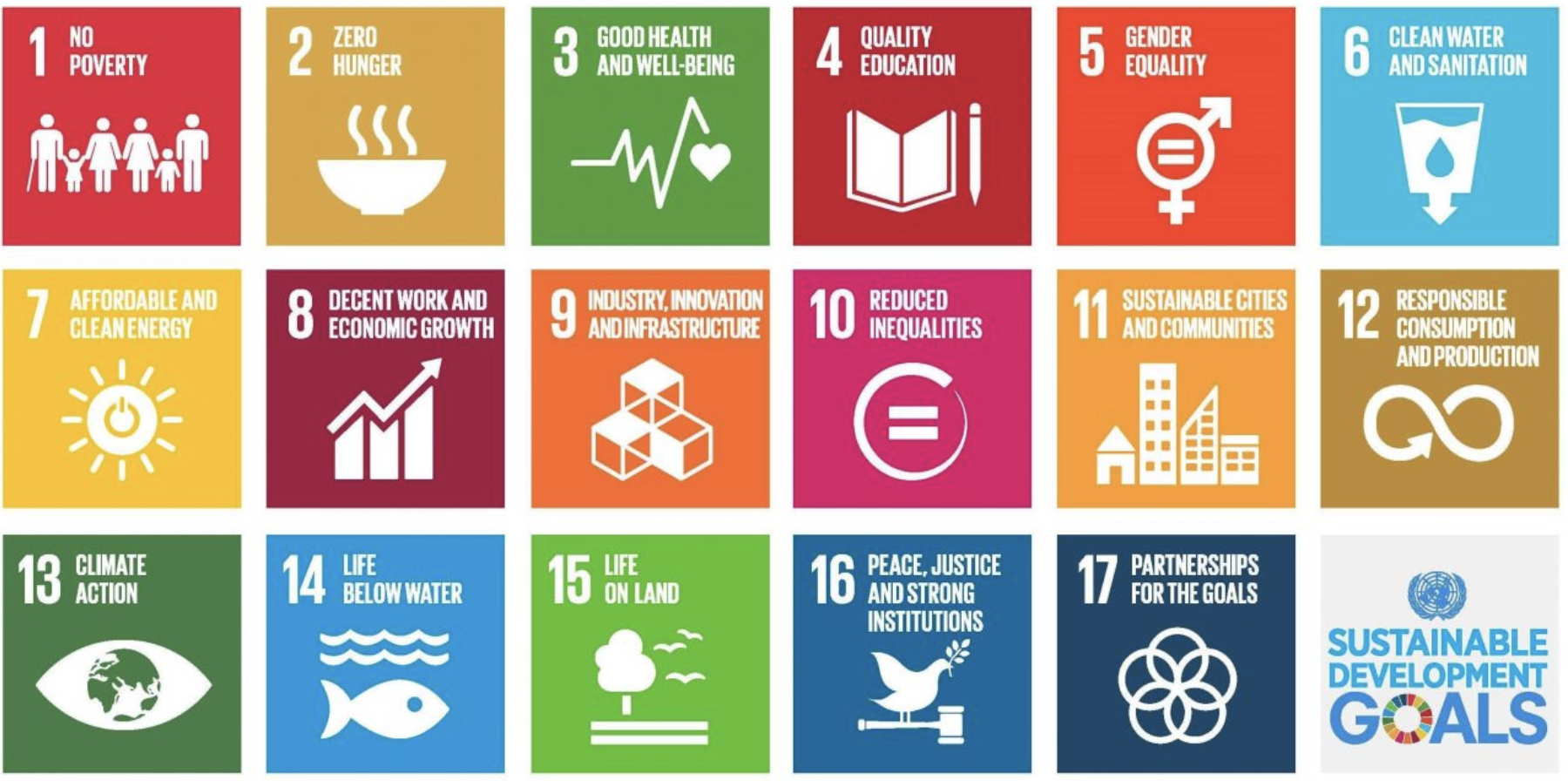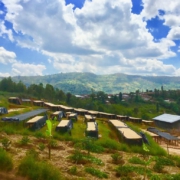D-MOSS – Dengue MOdel forecasting Satellite-based System
D-MOSS is a dengue fever early warning system for Vietnam being developed by a consortium led by HR Wallingford and sponsored by the UK Space Agency’s International Partnership Programme. It will give beneficiaries several months advance warning of likely outbreaks of dengue fever. The system will also include a water assessment module that will provide the additional benefit of improving water management in Vietnam’s transboundary river basins.
D-MOSS will be the first fully integrated dengue fever forecasting system incorporating Earth Observation (EO) data and seasonal climate forecasts to issue dengue warnings on a routine basis.
The challenge : Before 1970 only nine countries had experienced severe dengue epidemics. Today the disease is endemic in 141 countries, affecting 390 million people and with a global annual cost estimated at almost US$9 billion. Since 2000, there has been an increase of over 100% in the number of cases of dengue fever in Vietnam, and there is currently no system for forecasting future dengue outbreaks.
Our objective: Our objective is to develop a suite of innovative tools that will allow beneficiaries to: issue alerts for dengue and provide assessments of vector-borne disease risk under future climate and land‑use change scenarios. This will allow local communities to mobilise to eliminate mosquito-breeding sites thus reducing incidents of dengue. In combination with better outbreak response, we expect the project to contribute towards a reduction in dengue incidence over the project lifetime.
Our approach: The D-MOSS project is developing a forecasting system in which Earth Observation datasets are combined with weather forecasts and a hydrological model to predict the likelihood of future dengue epidemics up to eight months in advance. The D-MOSS system relies on open and non-proprietary software, where possible, and on a component-based flexible deployment into a set of platforms including cloud-based virtual storage. The D-MOSS project started in February 2018 and will end in February 2021. At the end of June 2019 we will be delivering D-MOSS version 1.0 to the Vietnamese stakeholders.
Project consortium : D-MOSS is funded by the UK Space Agency’s International Partnership Programme and led by HR Wallingford, working with the London School of Hygiene and Tropical Medicine, the UK Met Office and Oxford Policy Management in the UK, and with the following international partners: the United Nations Development Programme, the World Health Organisation, the Vietnamese Institute of Meteorology, Hydrology and Climate Change, the Pasteur Institute Ho Chi Minh City, and the National Institute of Hygiene and Epidemiology in Vietnam.
For a more detailed description of the project see here: https://eprints.hrwallingford.com/1395/1/TP-059_D-MOSS-EGU-2019-R1.pdf
Speaking at the D-MOSS launch event that took place in Hanoi on the 19th March 2019, Mr Kamal Malhotra, United Nations Resident Coordinator said “Given the significant correlation between weather factors and dengue incidence, a combination of water availability forecasting and dengue outbreak prediction enabled by satellite technology is a great innovation. The project we are launching today is exciting in that it leverages global and local expertise from across disciplines and continents to harness data and experience to create early-warning systems and analytic tools that can help Viet Nam’s health systems roll-back dengue’s impacts both today and in the future.”
“The UK is an innovation powerhouse. Space technology is one of our strongest sectors and I am very pleased to see the UK Space Agency and partners introduce a novel and innovative tool to help Viet Nam to predict and respond to dengue outbreaks more confidently and efficiently. This project is evidence of the strong and continued commitment of the UK to support Viet Nam to achieve the UN Sustainable Development Goals”, highlighted by Mr Gareth Ward, Her Majesty’s Ambassador to the Socialist Republic of Viet Nam.
Darren Lumbroso, D-MOSS Project Director from HR Wallingford, said: “We are delighted to be leading this ground-breaking project where, for the first time, an Earth Observation-based forecasting system will allow decision makers to identify areas of high risk for disease epidemics before an outbreak occurs, in order to target resources so as to reduce an epidemic spreading and to increase disease control“.
Attending the launching workshop, Ms H ‘Yim Kdoh, Vice Chairman of Dak Lak Provincial People’s Committee said, “The development of an early warning system for dengue will help the province to plan and prepare resources to be ready for better respond to the disease. This is also the expectation of the health sector, the Steering Committee for Disease Prevention and the Provincial People’s Committee“.


